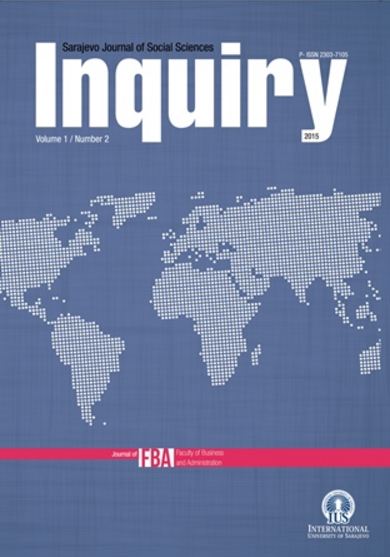Millennium Development Goals in Nigeria; Issues and Prospects: an Historical Paradox
Millennium Development Goals in Nigeria; Issues and Prospects: an Historical Paradox
Author(s): Olayemi Jacob OgunniyiSubject(s): History of Education, State/Government and Education, Social development, Social differentiation, Economic development, Human Resources in Economy, Socio-Economic Research
Published by: International University of Sarajevo
Keywords: Education; Human Development; Millennium Development Goals; Poverty Eradication;
Summary/Abstract: The paper seeks to explore the recognition of importance of education to the development of a nation, as a means of poverty eradication which is regarded as the most important goal of human development. Ironically, in the time past in Nigeria, education delivery has suffered major setbacks ranging from inadequate frameworks policy, project duplication, gross inefficiency and corruption. In view of this and many others, the United Nations, comprising of Nigeria and other 188 members, in year 2000, in a meeting widely referred to as Millennium Summit in the United States of America, came up with the idea of Millennium Development Goals (MDGs) especially for developing countries, for the purpose of poverty eradication, hunger reduction and education promotion for all (Mohammed, (2006). It is a shocking paradox that a significant proportion of Nigeria population is poor despite its enormous wealth as Adejuwon and Tijani (2012) argued. Therefore, this paper, through historical exploration, examines those issues that arose since the commencement of MDGs as it concerns Nigeria as well as prospects of achieving a remarkable impact within timeframe. The paper concludes that governments at all levels need to be sincere in the implementation of MDGs if the of illiteracy, poverty and hunger are to be eradicated by year 2015 as the year set out to achieve goals of the Millennium Development.
Journal: Inquiry - Sarajevo Journal of Social Science
- Issue Year: 1/2015
- Issue No: 2
- Page Range: 65-74
- Page Count: 10
- Language: English

